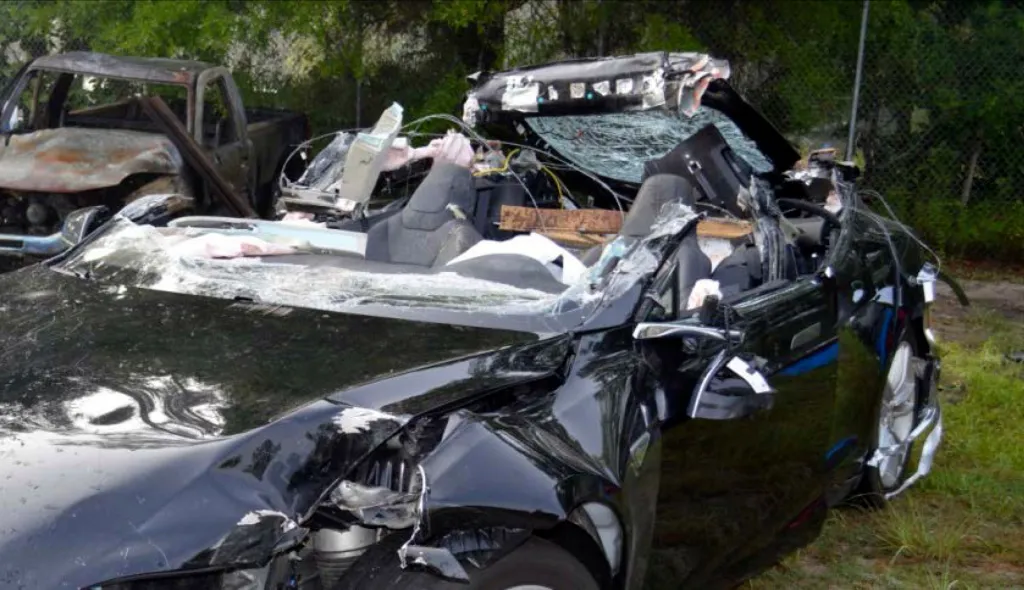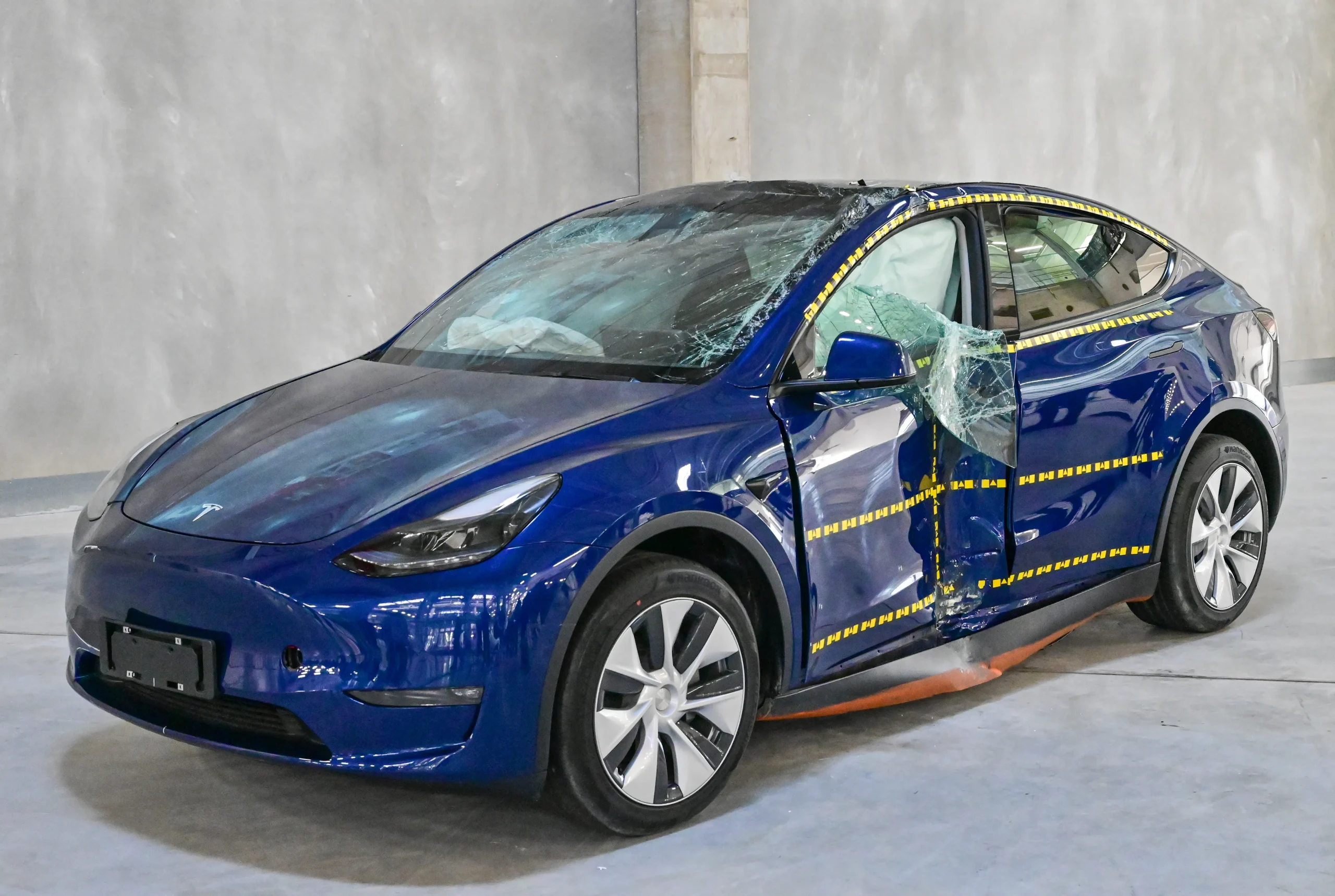Tesla’s Autopilot system, often seen as a groundbreaking advancement in automotive technology, is under scrutiny for its potential dangers on the road. The National Highway Traffic Safety Administration (NHTSA) recently reported that the system is not as reliable as Tesla portrays. Investigations revealed that Tesla Autopilot has been linked to over 13 fatal crashes, highlighting instances where foreseeable driver misuse played a significant role. Although the system enables partial self-driving by allowing vehicles to steer, brake, and change lanes, it is not fully autonomous, requiring drivers to remain engaged at all times.
The NHTSA’s investigations intensified after Tesla’s largest-ever recall of 2.03 million vehicles in 2021 to address issues with the Autopilot system. However, follow-up probes determined that the recall was insufficient to resolve the underlying problems. Even Tesla admitted in December that the system might not effectively prevent driver misuse. This acknowledgment, coupled with growing public backlash, including Superbowl ads calling for a Tesla boycott, underscores the serious concerns surrounding the technology’s safety.

Since 2016, over 40 special crash investigations involving Tesla’s Autopilot have been launched by the NHTSA. A recurring criticism is that the system’s name, “Autopilot,” misleads users into believing the technology is fully autonomous, leading to complacency behind the wheel. NHTSA findings confirm that drivers often fail to pay proper attention while using the system, despite warnings and new protocols implemented by Tesla. Critics argue that these measures are insufficient to address the risks.
The frequent recalls and safety issues have damaged consumer confidence in Tesla’s self-driving capabilities. Beyond the Autopilot system, concerns extend to other Tesla products, such as the Cybertruck, which faced recalls for accelerator-related issues shortly after its release. These problems suggest that Tesla’s ambitious innovations may be outpacing its ability to ensure customer safety and product reliability.
Ultimately, while Tesla’s self-driving technology is undeniably innovative, its safety and reliability remain in question. The ongoing investigations and recalls serve as a stark reminder that advancements in automation must prioritize consumer safety. For Tesla to regain trust, it must address these issues transparently and effectively, reaffirming its commitment to the well-being of its customers and the broader public.

